If you click on a link and make a purchase we may receive a small commission. Read our editorial policy.
Inside DSTLRY and its plan to rewrite the creator-owned comics business model
Former Amazon/Comixology leaders David Steinberger and Chip Mosher are launching what they hope will be a new kind of comic publisher
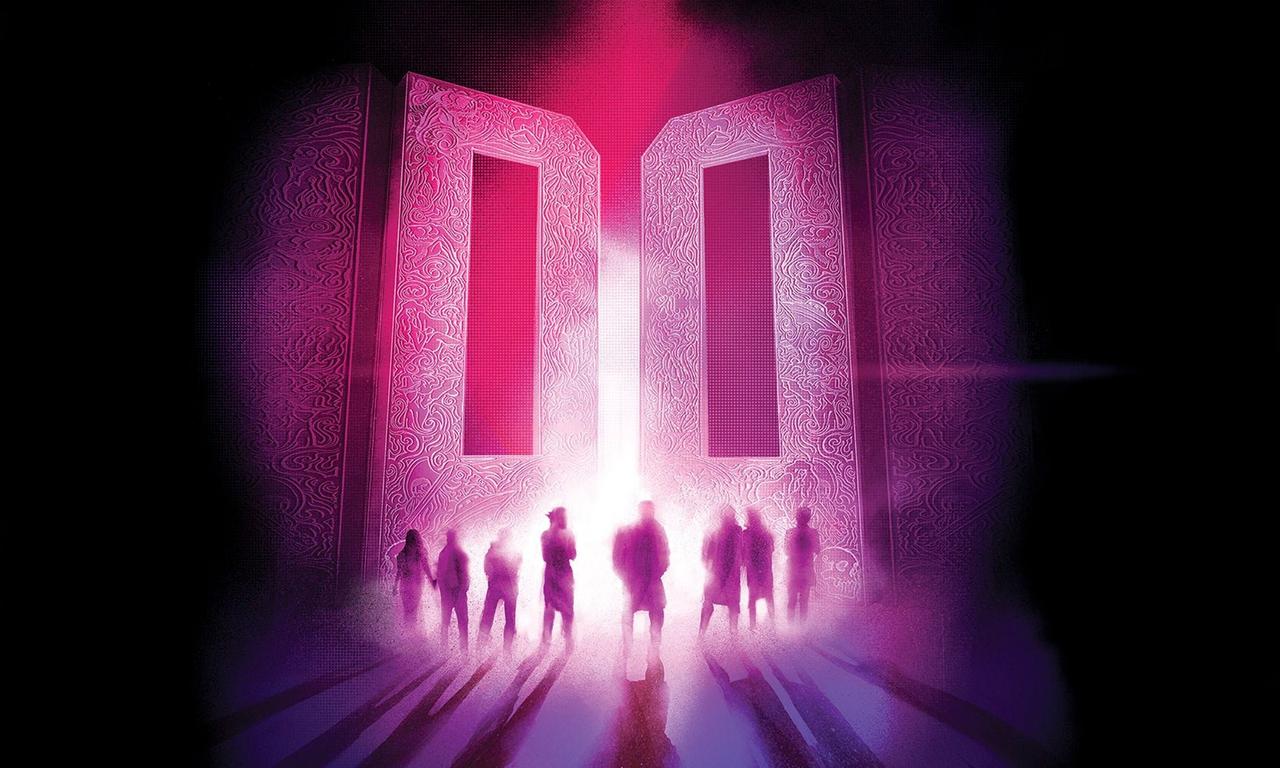
Few comic industry startups in recent years have generated quite the level of initial buzz as DSTLRY. The announcement this past Thursday of the upstart publisher’s arrival on the scene, which appeared with some fanfare in a New York Times profile, managed to set off a full day of speculation, tentative excitement, and skeptical critique from all corners of both comic book circles and mainstream media.
In part, this was due to the provenance of the company’s two founders: David Steinberger and Chip Mosher are both veterans and recent departees from the Amazon-owned ComiXology (Steinberger having been the company’s original co-founder and former CEO, and Mosher its head of content), and Mosher’s resume includes additionally notable tenures at both BOOM! Studios and Oni Press. In part, it was because of the impressive initial roster of the company’s creative talent, which includes among others, Becky Cloonan, Jamie McKelvie, Stephanie Phillips, Scott Snyder, James Tynion IV, and Ram V. But perhaps most of all, it was a consequence of the publisher’s lofty stated ambitions to rethink the business model of independent comics: their initial announcement included references to both creator equity in the company itself for the founding crop of talent, and “a more sustainable and equitable future for creators.”
At the same time, the announcement seemed to surface as many questions as it answered: equity aside, how 'creator-owned' would these titles actually be? Would DSTLRY take charge of publishing their own print comics, or would there be a partnership with a more established publisher? And just what did they mean by digital comics available as 'limited time' collectibles?
Popverse recently had the chance to sit down with DSTLRY’s founders, to answer some of these outstanding questions, talk about the company’s place in a crowded field, and understand why they feel now is the time to launch a new venture in comics.
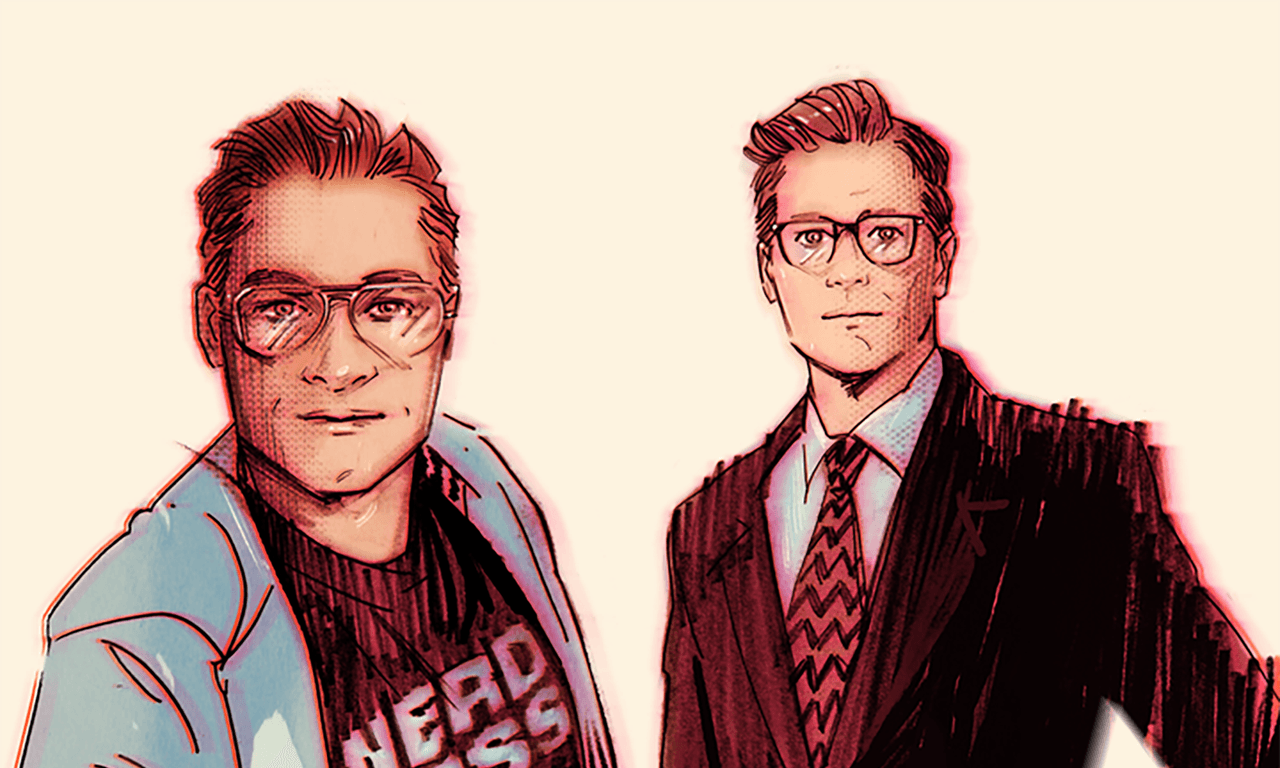
Popverse: Let me ask right off the bat, why now? What makes this the right time and the right environment to start a new comics publishing venture?
Chip Mosher: David and I, in both of our careers, have been innovators in this space, and I think there’s so much room to innovate in comics, whether it’s making a more equitable deal for creators, down to delivering more value for consumers. So I think it’s kind of a wide open field to really make some headway, and to change things for the better.
... there’s so much room to innovate in comics, whether it’s making a more equitable deal for creators, down to delivering more value for consumers.
You mentioned a more equitable deal for creators, so tell me about the model you’re approaching this with in terms of creator ownership.
David Steinberger: If you think about the spectrum of comic book companies, you have companies that do work-for-hire, in essence. You might create a new character for them – and there’s famous stories out there; Ed Brubaker I think is the most famous one for having taken Bucky and created the Winter Soldier, and the emotional relationship with Captain America, and then not getting paid very much for the movie that he was the title character [in], right? And at the [other] far end is probably Kickstarter, and Image to a certain extent, where you own everything, and you’re in control of everything, but you’re really, as creator, doing all the work, including a lot of the marketing and PR – or paying other people to do it.
And then in the middle you’ve got 50/50 [ownership] deals, probably not control of your IP in terms of what movies get made. Maybe you don’t get paid for a TV show that gets created; you might get a credit, you might not. A lot of stories about that out there, as well. So we just felt like, creating a new company, we could reimagine it entirely. Because we’re starting from scratch, and being able to put aside a pool of equity in the company, options in the company to just give out to every creator that works with us in the first three years as a ratio of what they bring to the company.
It's hard to do once you’re deep into it, but it’s easy to do when you’re beginning. Because we’re all making something together, and we’ll be able to continue to do that after three years, as well, because it’s the ethos of the company.
So these initial creators are getting a proportional stake in the company overall, but will they also have full ownership of their properties?
Steinberger: Yes. We’ve aligned ourselves with them so completely that they have every reason to go make it a huge success, in comics and everywhere else. But, no, they have full ownership. We don’t take a percentage ownership in their IP.
You’re starting out with quite an impressive roster of talent. How are you deciding which creators you’re going to work with? Is there a particular type of creator, or type of project, that you want to establish for yourselves as a publisher?
I think just working with great creators, and letting them do their vision, and trying the bigger format – it’s super exciting.
Mosher: It’s funny, when we were at ComiXology Originals, we really focused on grounded, genre storytelling. And I think that’s where David and I get really excited about those types of stories. But then we also know the moment we decide not to do something, we’ll get a pitch in for that one thing. Like, Every time we decided, “we’re not going to do superheroes, because Marvel and DC are doing superheroes; we want to be completely different,” literally the next day we’d get a superhero pitch we couldn’t say no to. I think just working with great creators, and letting them do their vision, and trying the bigger format – it’s super exciting.
When you say “bigger format,” what format is that going to be?
Mosher: It’s going to be 48-page, perfect bound, like [DC’s] Black Label.
You’re going to be doing both print and digital publishing. So, are you going to handle the print publishing yourselves, or is there going to be a partnership with another publisher a la ComiXology Originals?
Steinberger: No, we’re doing it.
So you’re diving headlong into the direct market distribution system.
Steinberger: We are indeed. It’s a system that Chip knows quite well from his time in comics before he joined Comixology, and it also means that splitting [the formats] into more pieces for more partners means we can pay creators more. So it makes sense for us to do it.
What made you feel like monthly publishing was something you wanted to do alongside the other formats that you’re putting out?
Mosher: Well, we were doing that at ComiXology Originals. Periodical publishing has been growing leaps and bounds in the last decade, and it’s not only a great way to consume news stories; it’s a great incentive for creators to create new stories. They keep some stuff cranking out, and they get some feedback from the customers. So the different channels are single-issue print, single-issue digital on the DSTLRY Marketplace, trades and hardcovers in print, and digital trades in all the major digital vendors.
It's probably been the digital side that’s engendered the most controversy and the most questions over the first 24 hours since your launch announcement, so I want to ask you a few questions about that. For digital trades, are they going to be out there and available for the long haul?
Steinberger: Yeah. Apple, Amazon, Google, Android, iOS; wherever people are reading, and buying, and downloading digital books to read.
So, then, collectible digital single issues. You’ve said that they’re not going to be NFT’s, but how are they different?
NFT’s are a product of the cryptocurrency, blockchain marketplace, and we just have nothing to do with that. We’re a centralized, closed market.
Mosher: NFT’s are a product of the cryptocurrency, blockchain marketplace, and we just have nothing to do with that. We’re a centralized, closed market.
So, how are you ensuring that they’re going to be unique and collectible if you’re not using a blockchain?
Mosher: We have a ledger database that we’re using to keep track of stuff.
And this is a digital database. Not, like, a physical notebook.
Steinberger: Right, right. But I think Chip got it right: there are lots of proponents out there for digital collecting and reselling works. I mean, video games have been doing this forever. And there’s no good reason to do it with the negatives of the public blockchain, and smart contracts, and all the stuff that is causing a lot of fraud, and a lot of heartache, and a lot of stolen artwork from comic creators that have been sold as NFT’s.
We want a bunch of stuff: we want to be able to give a refund if somebody mistakenly buys something. We want to give a good reading experience, and ensure they get a good experience every time. We want a reliability factor. We want great customer service. All of these are reasons to do it.
Will customers be able to download these collectible issues, or are they only going to be accessible through your site or some other means?
Mosher: I’m going to tease that apart a little bit, because when the apps come out for iOS and Android, they’ll be able to be on the device, so they’re downloading them that way. But, no, it’s going to be a lot like Comixology, or a Kindle or Apple Books experience.
Isn’t there a risk of piracy, then?
Mosher: We’ll stay state-of-the-art on that, but, frankly, you can take a screenshot of an iPad. That’s a very high resolution device. You’re not going to stop piracy: you just have to make a better experience that people really appreciate. That’s what we’re aiming to do.
That raises the question, though, of what you think would make a digital collectible appealing to a collector. What is the appeal here that would make it accrue in value?
Steinberger: I think people show off and signal through digital as well, right? I can tell you from experience that people like having their library of comics to show other people in digital. So I think there are plenty of ways to allow people to enjoy seeing other people’s collections, and fostering an environment where people feel that they can do the digital thing. We will have some benefits at launch for owning things: so, as an example, maybe have a discount on the second issue beyond the first, that kind of thing.
And the feeling that we want DSTLRY to be known to fans that if they buy in the digital marketplace, whether it’s a lower price or a higher price than cover, the creator is getting a royalty on that.
So it’s up to us and the creators to define and figure out what the customers really react positively to. The provenance of it, you know? The fact that Scott Snyder or Becky Cloonan owned a book before you did, that’s interesting and fun. And the feeling that we want DSTLRY to be known to fans that if they buy in the digital marketplace, whether it’s a lower price or a higher price than cover, the creator is getting a royalty on that. You can feel good about yourself from that. Most people don’t want to be pirates. And I’d go a step further and [say] most people in this industry that love creators want to support creators all they can, and don’t feel like creators have gotten a fair shake. And that’s what we’re tying to change.
What can people expect in terms of the pricing of all of this?
Steinberger: I don’t think we’re talking about pricing yet.
What are you trying to do in terms of reaching out to new readers beyond the historic comic-buying population?
Mosher: Dave and I both have over a decade’s worth of pretty hardcore digital marketing experience bringing in new readers to comics, and I think you’ll see that applied to this venture.
What about the types of stories? You talked about going for a broad range of genre categories, but is the idea that creators really just have free rein to choose their own stories, their own creative teams, and their own editors, while you handle the marketing end?
Mosher: No, we definitely discussed different books with different creators, and some of the ideas we think are great for the format and for what we want to do. It’s been very collaborative. The fact that they know if the company does well, they’re going to benefit because of the equity portion I think means they’re much more aligned for us to have an easy conversation about the kind of thing that will draw a big audience to really get their IP out there and get them paid well.
So there definitely is some measure of editorial input and give-and-take.
Steinberger: Yeah, we’re not a printing service, right? We definitely have a brand ethos, and some things fit into that ethos and some don’t, even from just the creator standpoint.
So tell me a little bit more about that. What is your editorial ethos?
Steinberger: What I meant by ethos was that this is creator-owned, so the minute it becomes not a creator-owned book that somebody wants to do who’s one of the people we work with, the answer is no. You know, it’s a bigger format, bigger stories, broader scope, widescreen storytelling.
And then what’s going to happen is we’re going to give you some reason that we wouldn’t do something, and then somebody’s going to present a project that says exactly that: this one thing that goes, like, “oh, man, that’s going to work in this format really, really nicely. I can see beautiful covers on that; a three-page pullout,” or whatever. So other than [the fact that we’re] super interested in grounded, genre storytelling, I think the more you get prescriptive about what you’re doing, the less people feel comfortable pitching you crazy ideas. And we don’t want to ever stop anyone from telling us their crazy ideas, because it might be something that we think is genius.
How did this first round of the pitch process work? Did you approach creators that you wanted to work with?
Mosher: Most of these creators have a back-catalog of ideas in their heads that they’ve been wanting to do, people they’ve wanted to work with, and stuff like that. So the core group of founding creators are people that David and I have either worked with before and had deep relationships [with], or people that we’ve been talking to for years about working together. So it came together very organically.
How long was the process to get this up and running?
Mosher: My last day at Amazon was July 1. And David’s was June 1. So, pretty soon after that.
Steinberger: When I left, I thought I was going to take a couple months off and figure stuff out. I like solving problems. I love comics, but I also love music; I love other stuff. And then Chip had this idea, and it was a siren’s call: I was like, “Yes, we can do this.”
This past year, we’ve been seeing challenges that a lot of the newer comic companies have run into, whether it’s bankruptcy, or struggles to deal with the preponderance of new distributors, or whatever else. Why and how do you feel like your model is going to work out differently?
Steinberger: You know, we just focus on the best storytelling we can get, and the best people to work with that we know deliver great stories, and have great stories in their heads. And honestly, in my opinion, the breakup of one distributor into now coming on four has been the healthiest thing in this market in decades. Since it’s not one distributor, we can’t really track exactly what single-issue comics are doing: they seem to still be growing some. And they grew a whole lot during Covid, and didn’t give up any of that yet, so I don’t think they’re going to.
And the fact is that in the last report that Comichron [released], estimating how many comics are being sold and what the top comics are, the indie comics publishers were way outgrowing, in a percentage basis, Marvel and DC. And I think my belief is that healthy competition means that places like Diamond have to focus on the indies. They have to focus on this amazing content that has always been there for the last 20 years.
In terms of operations, I have no insight into how folks work, but we’re smart business people that have been through a startup before. And, you know, I wish the best for all those creators, and the folks involved with those [other publishers], but it’s not really my concern at the moment.
So you feel like having the different distributors out there frees up space for Diamond to give more attention to series like the ones you’re putting out?
Mosher: When the numbers were being reported [on Comichron.com], I think Q1 of 2022, the indies jumped 62%. Print publishing is going great: there are more independent bookstores than ever before, Barnes & Noble is coming back stronger than ever. There’s more comic shops starting up than ever before. I had the pleasure of going to the last Diamond retailer summit, and a lot of the retailers, there’s more churn and work because they have to deal with more distributors, and they all still have a pretty deep Covid quarantine hangover. But I also heard from everyone that they’re making more money than they ever have before. So I think it’s an exciting time to enter the marketplace.
How much of an emphasis are you planning to put on packaging these series for TV, movies, or other adaptations?
Mosher: It’s certainly something that we’re pursuing, but it’s not something that we base the whole business model on. Great comics can always make the jump to other mediums, and they have. And what’s great is, things like the Netflix show Umbrella Academy? Dark Horse sold out their whole print run and had to go back to print. So it’s a great way to get people back into reading comics, and it’s a great customer acquisition mechanism also.

When can we expect to see the first releases coming out?
Mosher: We have a one-shot that will have some really cool self-contained stories from all our founding creators and some of their friends coming out around San Diego [Comic Con], and we’ll start rolling out the publishing program this fall.
How would you describe the niche you’re hoping to fill in the comic business?
Mosher: We look at ourselves as a next-generation comics publisher, and our macro goal is to create a better environment for creators. And we firmly believe that by giving creators a better opportunity, that will give consumers and retailers a better product.
Digital comics: A guide to the comic book streaming/all you can read platforms.
Follow Popverse for upcoming event coverage and news
Find out how we conduct our review by reading our review policy
Let Popverse be your tour guide through the wilderness of pop culture
Sign in and let us help you find your new favorite thing.

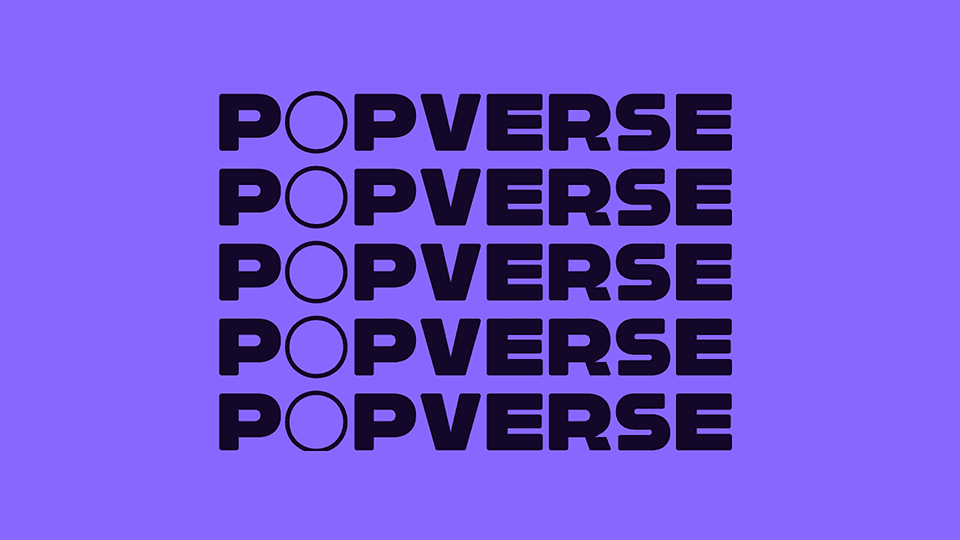





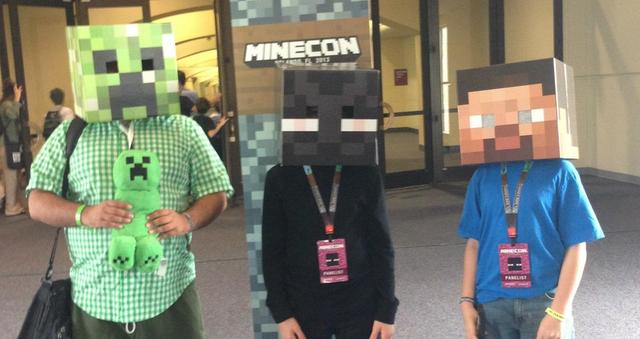
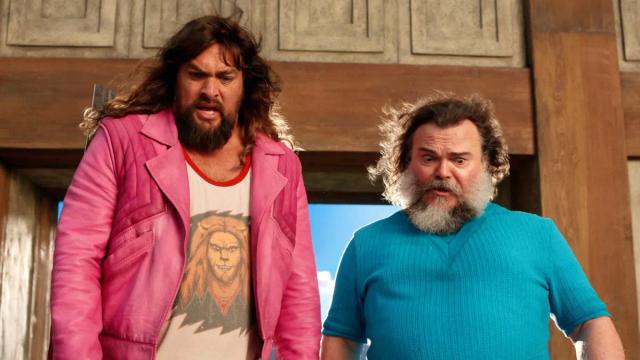
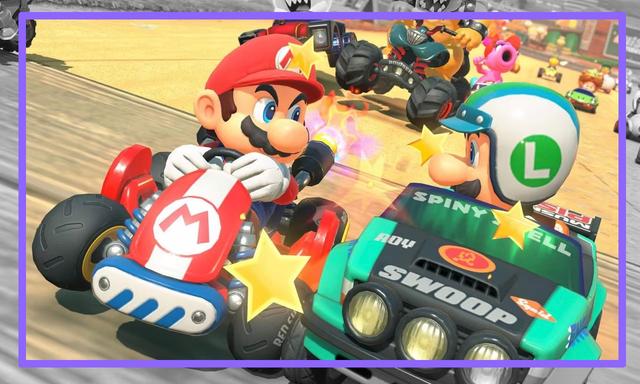






Comments
Want to join the discussion? Please activate your account first.
Visit Reedpop ID if you need to resend the confirmation email.